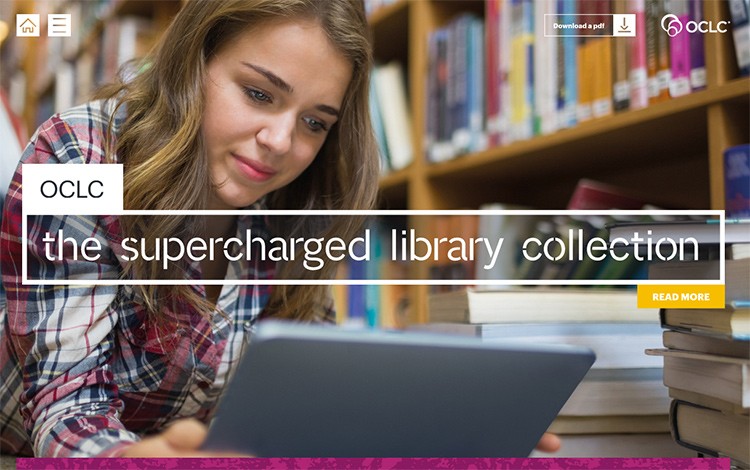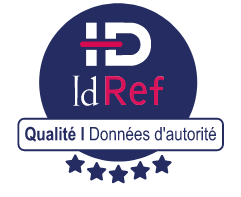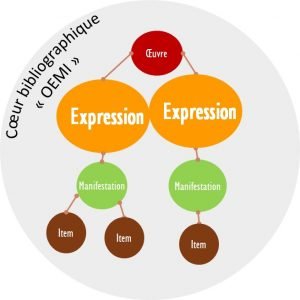Book: The supercharged library collection

The supercharged library collection highlights the power of library metadata to inspire learners and to enhance collections by including shared knowledge from all communities.
The e-book covers:
- What is a supercharged library collection?
- Powering discoverability of e-content
- Mobilizing group metadata for maximum impact
- Harnessing data to reveal insights
- Boosting visibility of libraries online
- Gearing up for linked data
Fill out the form to download the PDF, or view the interactive e-book.



